APUSH PERIOD 7 II
1/112
Earn XP
Description and Tags
Name | Mastery | Learn | Test | Matching | Spaced | Call with Kai |
|---|
No analytics yet
Send a link to your students to track their progress
113 Terms
A. Mitchell Palmer
Attorney General who rounded up many suspects who were thought to be un-American and socialistic; he helped to increase the Red Scare; he was nicknamed the "Fighting Quaker" until a bomb destroyed his home; he then had a nervous breakdown and became known as the "Quaking Fighter."
Adolf Hitler
Austrian-born founder of the German Nazi Party and chancellor of the Third Reich (1933-1945). His fascist philosophy, embodied in Mein Kampf (1925-1927), attracted widespread support, and after 1934 he ruled as an absolute dictator. Hitler's pursuit of aggressive nationalist policies resulted in the invasion of Poland (1939) and the subsequent outbreak of World War II. His regime was infamous for the extermination of millions of people, especially European Jews. He committed suicide when the collapse of the Third Reich was imminent (1945).
Al Capone
A mob king in Chicago who controlled a large network of speakeasies with enormous profits. His illegal activities convey the failure of prohibition in the twenties and the problems with gangs.
Albert Einstein
1879-1955. German born theoretical physicist. Best known for his theory of relativity and his theory of energy equivalence. Received Nobel Prize in 1921 for physics.
Allies
Composed of France, Britain, and Russia, and later Japan and Italy, the Allies fought the Central Powers in World War I. The United States joined the Allies in 1917, and after major economic and military blows, World War I ended with the Treaty of Versailles.
American plan
A business-oriented approach to worker relations popular among firms in the 1920s to defeat unionization. Managers sought to strengthen their communication with workers and to offer benefits like pensions and insurance. They insisted on an "open shop" in contrast to the mandatory union membership through the "closed shop" that many labor activists had demanded in the strike after World War I.
Appeasement
A policy of making concessions to an aggressor in the hopes of avoiding war. Associated with Neville Chamberlain's policy of making concessions to Adolf Hitler.
Atlantic Charter
1941-Pledge signed by US president FDR and British prime minister Winston Churchill not to acquire new territory as a result of WWII and to work for peace after the war
Australian ballot
A government printed ballot of uniform size and shape to be cast in secret that was adopted by many states around 1890 in order to reduce the voting fraud associated with party printed ballots cast in public.
Battle of Midway
U.S. naval victory over the Japanese fleet in June 1942, in which the Japanese lost four of their best aircraft carriers. It marked a turning point in World War II.
Benito Mussolini
(1883-1945) Italian leader. He founded the Italian Fascist Party, and sided with Hitler and Germany in World War II. In 1945 he was overthrown and assassinated by the Italian Resistance.
Black Tuesday
October 29, 1929; date of the worst stock-market crash in American history and beginning of the Great Depression.
Bolshevik Revolution
The overthrow of Russia's Provisional Government in the fall of 1917 by Lenin and his Bolshevik forces, made possible by the government's continuing defeat in the war, its failure to bring political reform, and a further decline in the conditions of everyday life.
Bonus Army
Group of WWI vets. that marched to D.C. in 1932 to demand the immediate payment of their government war bonuses in cash
Brain Trust
A small group of young reform-minded intellectuals responsible for writing FDR's speeches and authoring much of the New Deal legislation.
Central Powers
..., in World War I the alliance of Germany and Austria-Hungary and other nations allied with them in opposing the Allies
Charles A. Lindbergh
made the first nonstop solo flight across the Atlantic
Charles Evans Hughes
A reformist Republican governor of New York, who had gained fame as an investigator of malpractices by gas and insurance companies and by the coal trust. He later ran against Wilson in the 1916 election.
Chester Nimtiz
next in command to Douglas McArthur, for commander of the American forces in the Pacific and they adopted Island hopping
Civilian Conservation Corps
a public work relief program for unemployed men so they have jobs. the men worked on jobs related to conservation and development of natural resources
Clayton Anti-Trust Act
Anti monopoly law that specifically stated that unions could not be considered "combinations in restraint of trade" and therefore unions could not be prosecuted under anti-monopoly laws.
code talkers
Native Americans who served in the army who used their native language to communicate secret messages.
Committee on Public Information
It was headed by George Creel. The purpose of this committee was to mobilize people's minds for war, both in America and abroad. Tried to get the entire U.S. public to support U.S. involvement in WWI. Creel's organization, employed some 150,000 workers at home and oversees. He proved that words were indeed weapons.
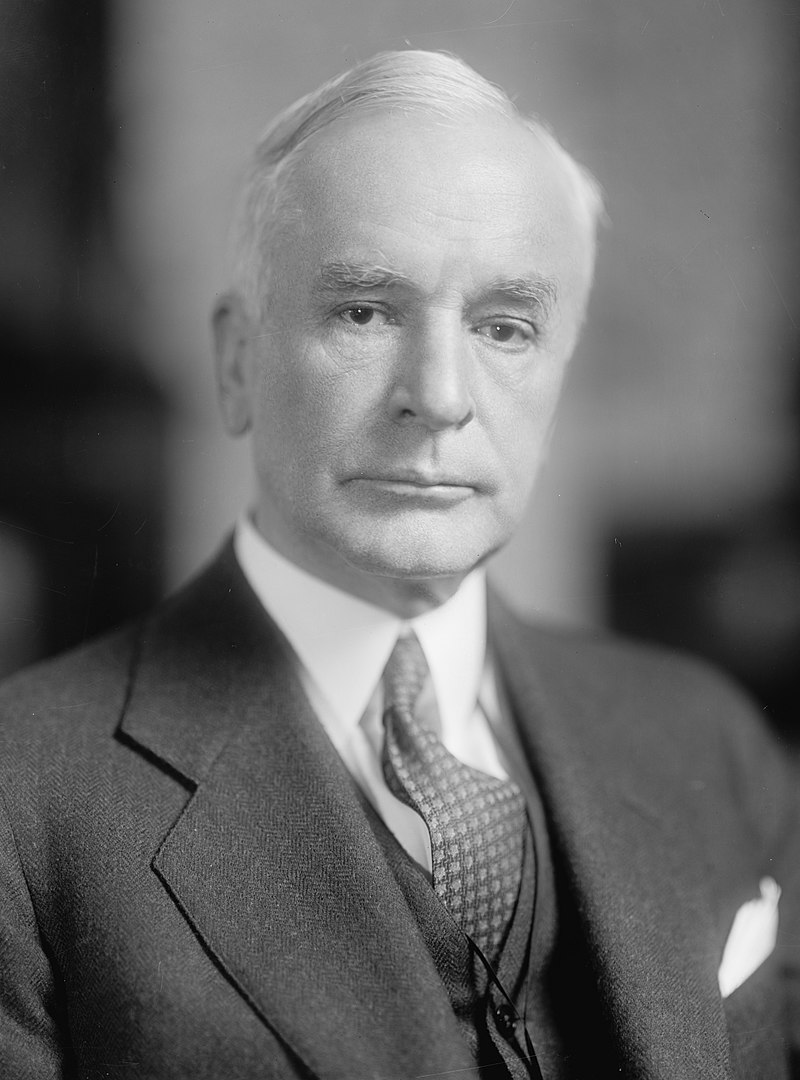
Cordell Hull
FDR's secretary of state, who promoted reciprocal trade agreements, especially with Latin America
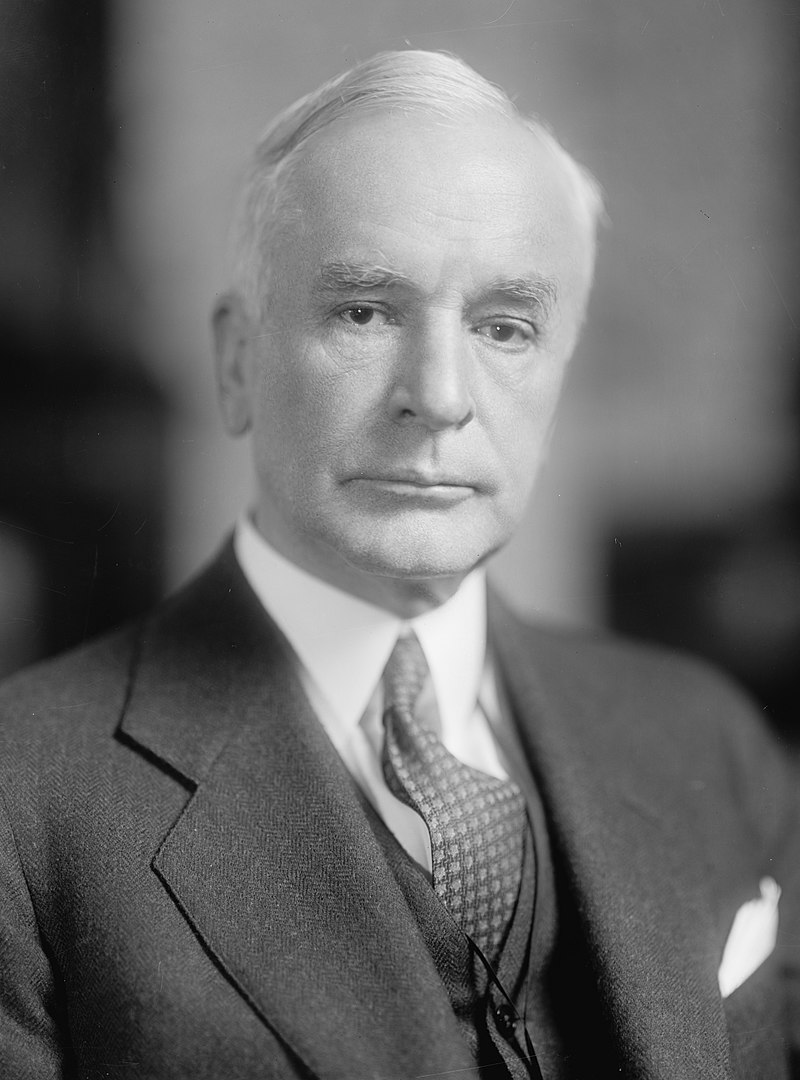
Court-packing plan
President FDR's failed 1937 attempt to increase the number of US Supreme Court Justices from 9 to 15 in order to save his 2nd New Deal programs from constitutional challenges
D-Day
June 6, 1944 - Led by Eisenhower, over a million troops (the largest invasion force in history) stormed the beaches at Normandy and began the process of re-taking France. The turning point of World War II.
Dawes Plan
A plan to revive the German economy, the United States loans Germany money which then can pay reparations to England and France, who can then pay back their loans from the U.S.
dollar diplomacy
Foreign policy created under President Taft that had the U.S. exchanging financial support ($) for the right to "help" countries make decisions about trade and other commercial ventures. Basically it was exchanging money for political influence in Latin America and the Caribbean.
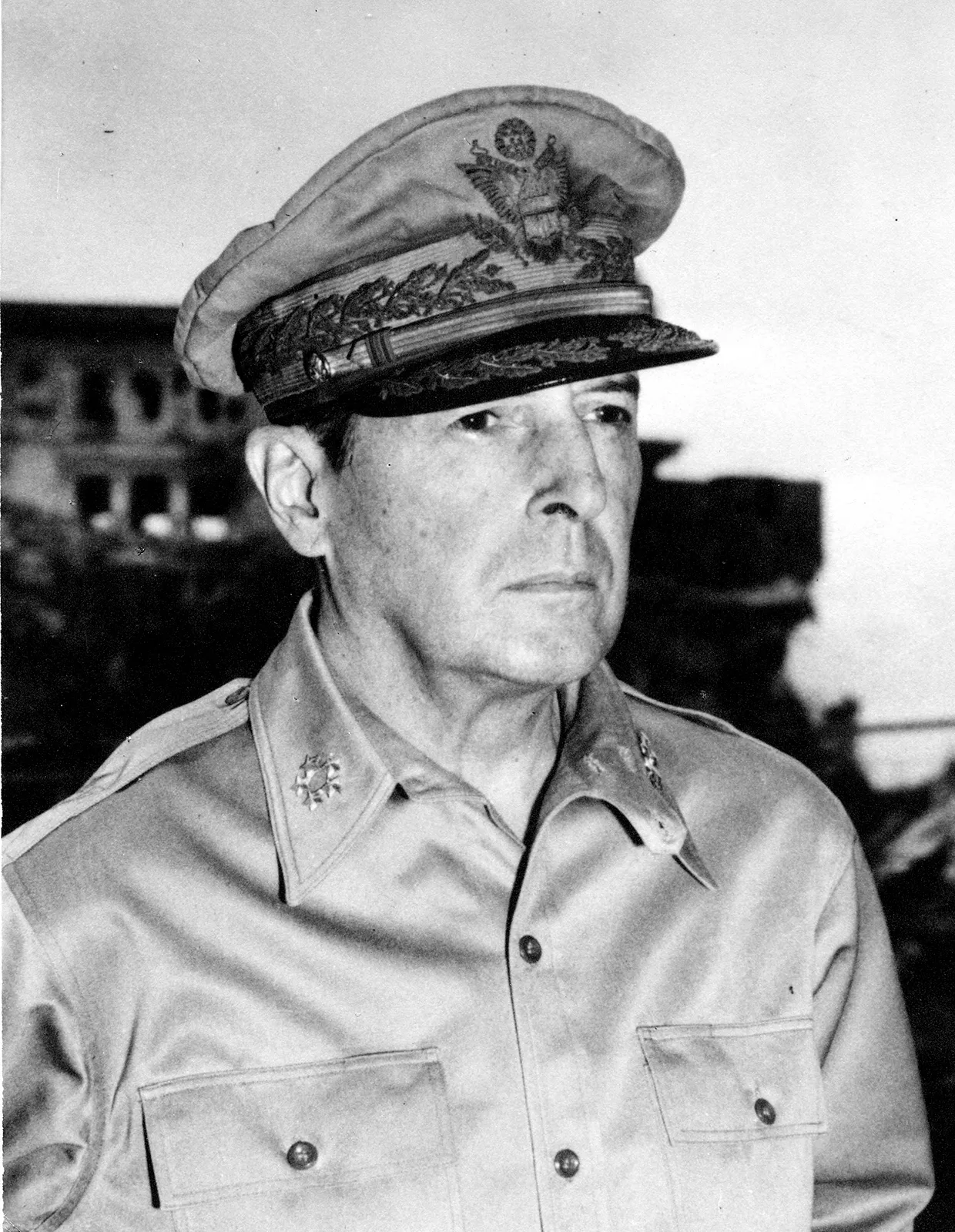
Douglas MacArthur
(1880-1964), U.S. general. Commander of U.S. (later Allied) forces in the southwestern Pacific during World War II, he accepted Japan's surrender in 1945 and administered the ensuing Allied occupation. He was in charge of UN forces in Korea 1950-51, before being forced to relinquish command by President Truman.
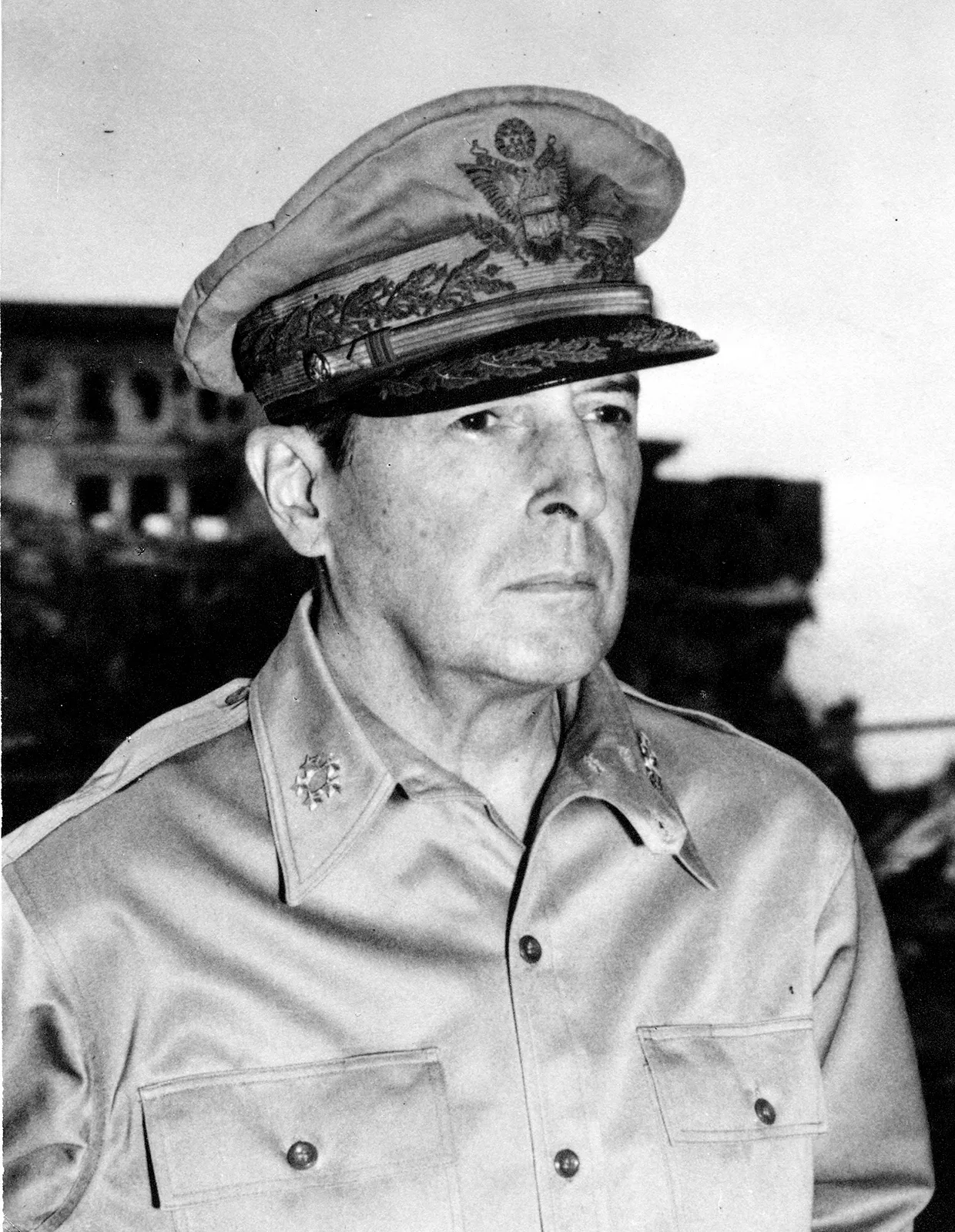
Dust Bowl
A nickname for the Great Plains regions hit by drought and dust storms in the early 1930s
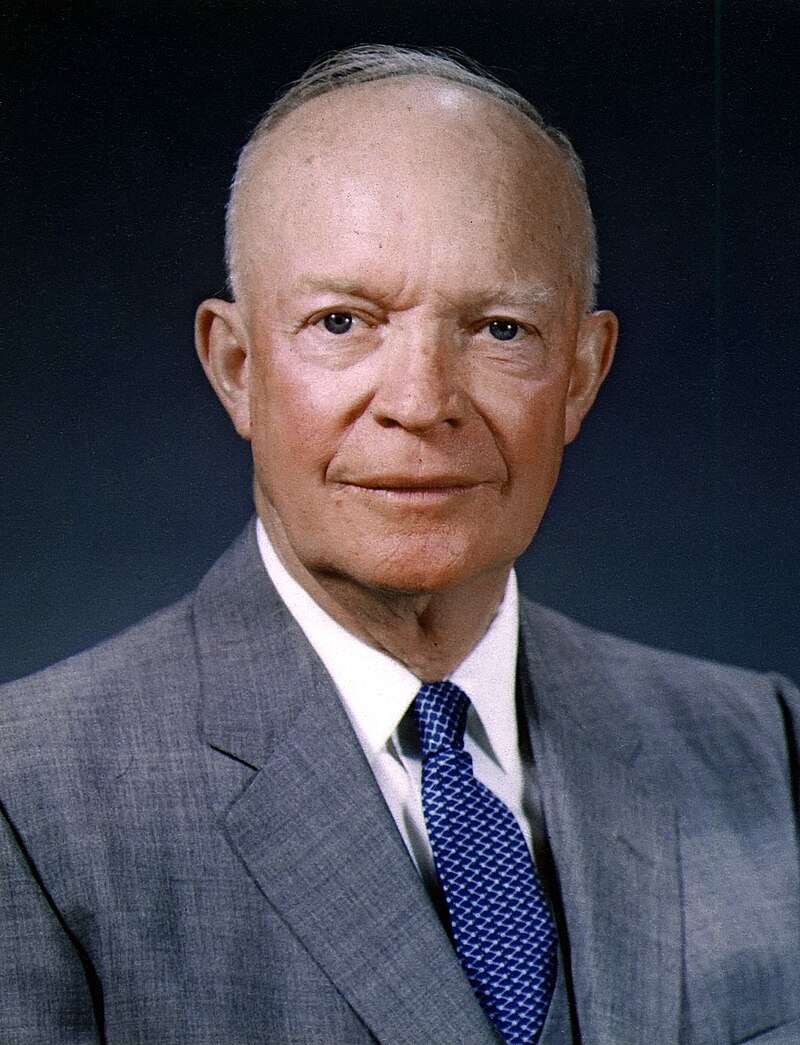
Dwight D Eisenhower
..., leader of the Allied forces in Europe then was elected to be Pres. of the USA
Eighteenth Amendment
"Prohibition Law" declared it illegal to make, transport, or sell alcohol in the United States.
Eleanor Roosevelt
FDR's Wife and New Deal supporter. Was a great supporter of civil rights and opposed the Jim Crow laws. She also worked for birth control and better conditions for working women
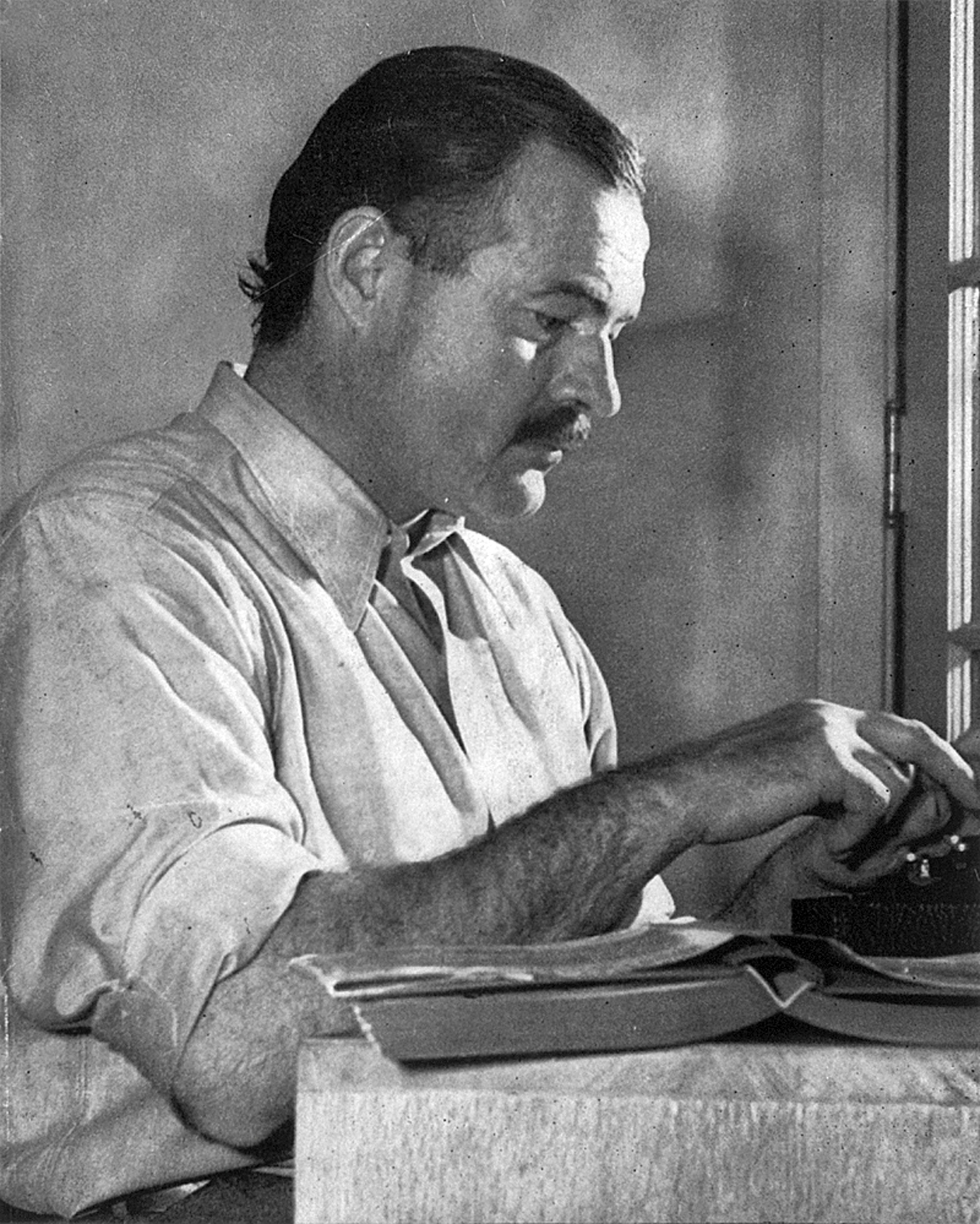
Ernest Hemingway
Ernest Hemingway fought in Italy in 1917. He later became a famous author who wrote "The Sun Also Rises" (about American expatriates in Europe) and "A Farewell to Arms." In the 1920's he became upset with the idealism of America versus the realism he saw in World War I. He was very distraught, and in 1961 he shot himself in the head.
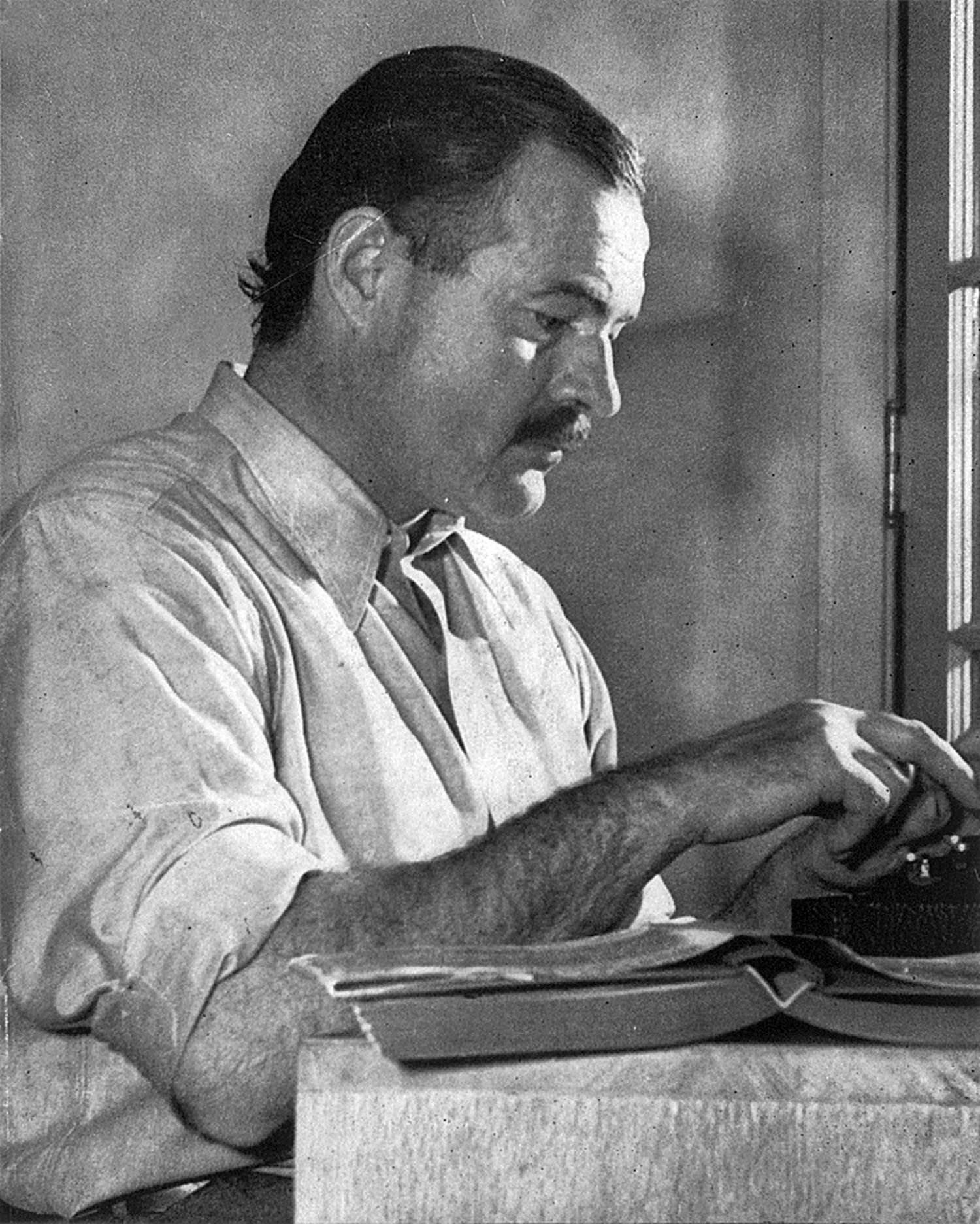
Espionage Act
1917 This law, passed after the United States entered WWI, imposed sentences of up to twenty years on anyone found guilty of aiding the enemy, obstructing recruitment of soldiers, or encouraging disloyalty. It allowed the postmaster general to remove from the mail any materials that incited treason or insurrection.
Executive Order No. 9066
authorized the internment of tens of thousands of American citizens of Japanese ancestry and resident aliens from Japan. Roosevelt's Executive Order 9066, dated February 19, 1942, gave the military broad powers to ban any citizen from a fifty- to sixty-mile-wide coastal area stretching from Washington state to California and extending inland into southern Arizona.
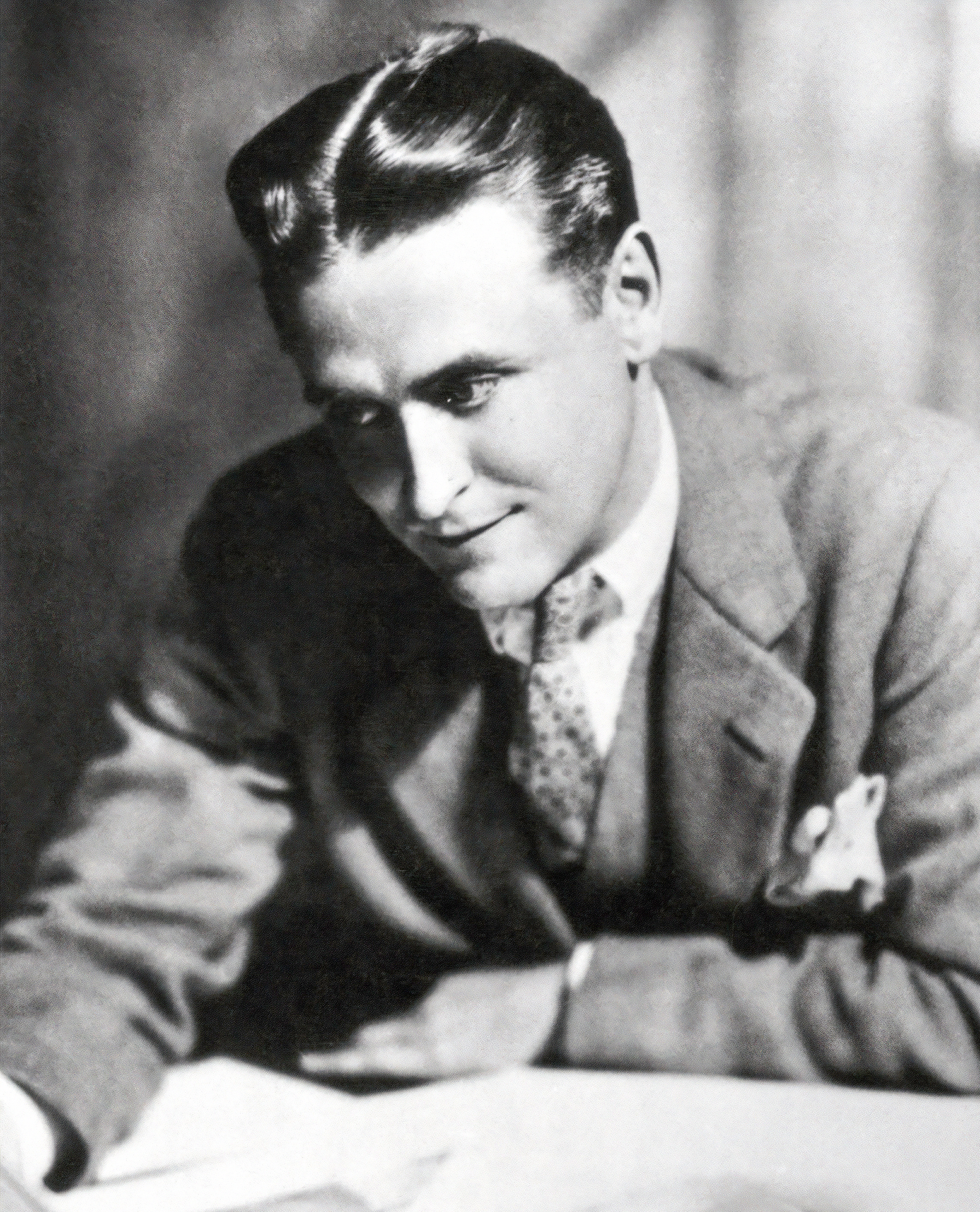
F. Scott Fitzgerald
a novelist and chronicler of the jazz age. his wife, zelda and he were the "couple" of the decade but hit bottom during the depression. his noval THE GREAT GATSBY is considered a masterpiece about a gangster's pursuit of an unattainable rich girl.
Fair Employment Practices Commission (FEPC)
State and local laws governing equal employment opportunity that are often more comprehensive than federal laws and apply to small employers
Father Charles Coughlin
A Catholic priest from Michigan who was critical of FDR on his radio show. His radio show morphed into being severly against Jews during WWII and he was eventually kicked off the air, he was wildly popular among those who opposed FDR's New Deal.
Federal Reserve Act
a 1913 law that set up a system of federal banks and gave government the power to control the money supply
Florence Kelley
reformer who worked to prohibit child labor and to improve conditions for female workers
Fourteen Points
A series of proposals in which U.S. president Woodrow Wilson outlined a plan for achieving a lasting peace after World War I.
Francis E. Townsend
A doctor and critic of FDR's who proposed that everyone 60 years of age or older should get $200 a month as long as they spent it within 30 days.
Francisco Franco
Fascist leader of the Spanish revolution, helped by Hitler and Mussolini
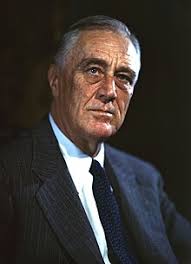
Franklin Delano Roosevelt
Democratic candidate who won the 1932 election by a landslide. He refused to uphold any of Hoover's policies with the intent on enacting his own. He pledged a present a "New Deal" (its specific meaning ambiguous at the time to the American people) to the American public.
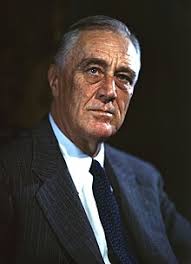
Glass-Steagall Banking Reform Act
Created the Federal Deposit Insurance Corporation, which insures the accounts of depositors of its member banks. It outlawed banks investing in the stock market.
Good Neighbor policy
FDR's foreign policy of promoting better relations w/Latin America by using economic influence rater than military force in the region
Harlem Renaissance
A flowering of African American culture in the 1920s; instilled interest in African American culture and pride in being an African American.
Harry Truman
Became president when FDR died; gave the order to drop the atomic bomb
Hawley-Smoot Tariff
charged a high tax for imports thereby leading to less trade between America and foreign countries along with some economic retaliation
Henry Ford
1863-1947. American businessman, founder of Ford Motor Company, father of modern assembly lines, and inventor credited with 161 patents.
Hitler-Stalin pact
A letter sent from Stalin to Hitler in 1939, it gave Germany the permission to wage war on Poland, meaning an agreement of neutrality between the Soviet Union and Germany.
Hoovervilles
Depression shantytowns, named after the president whom many blamed for their financial distress
Huey P. Long
nicknamed The Kingfish, was an American politician from the U.S. state of Louisiana. A Democrat, he was noted for his radical populist policies. He served as Governor of Louisiana from 1928 to 1932 and as a U.S. senator from 1932 to 1935. Though a backer of Franklin D. Roosevelt in the 1932 presidential election, Long split with Roosevelt in June 1933 and allegedly planned to mount his own presidential bid.
Hundred Days
The special session of Congress that Roosevelt called to launch his New Deal programs. The special session lasted about three months: 100 days.
Immigration Act of 1924
Also known as the Johnson-Reed Act. Federal law limiting the number of immigrants that could be admitted from any country to 2% of the amount of people from that country who were already living in the U.S. as of the census of 1890.
initiative
Allows voters to petition to propose legislation &then submit it for a vote by qualified voters
Jacob Riis
A Danish immigrant, he became a reporter who pointed out the terrible conditions of the tenement houses of the big cities where immigrants lived during the late 1800s. He wrote How The Other Half Lives in 1890.
Early 1900's muckraker who exposed social and political evils in the U.S. with his novel "How The Other Half Lives"; exposed the poor conditions of the poor tenements in NYC and Hell's Kitchen
John Muir
(1838-1914) Naturalist who believed the wilderness should be preserved in its natural state. He was largely responsible for the creation of Yosemite National Park in California.
John Pershing
Commander of American Expeditionary Force of over 1 million troops who insisted his soldiers fight as independent units so US would have independent role in shaping the peace
John T. Scopes
An educator in Tennessee who was arrested for teaching evolution. This trial represented the Fundamentalist vs the Modernist. The trial placed a negative image on fundamentalists, and it showed a changing America.
Kellogg-Briand Pact
Was signed on August 27, 1928 by the United States, France, the United Kingdom, Germany, Italy, Japan, and a number of other states. The pact renounced aggressive war, prohibiting the use of war as "an instrument of national policy" except in matters of self-defence.
Keynesianism
the belief the government must manage the economy by spending more money when in a recession and cutting spending when there is inflation
Kristallnacht
"Night of Broken Glass" -the night of November 9, 1938, on which Nazi troopers attacked Jewish homes, businesses, and synagogues throughout Germany
Ku Klux Klan
A secret society created by white southerners in 1866 that used terror and violence to keep African Americans from obtaining their civil rights
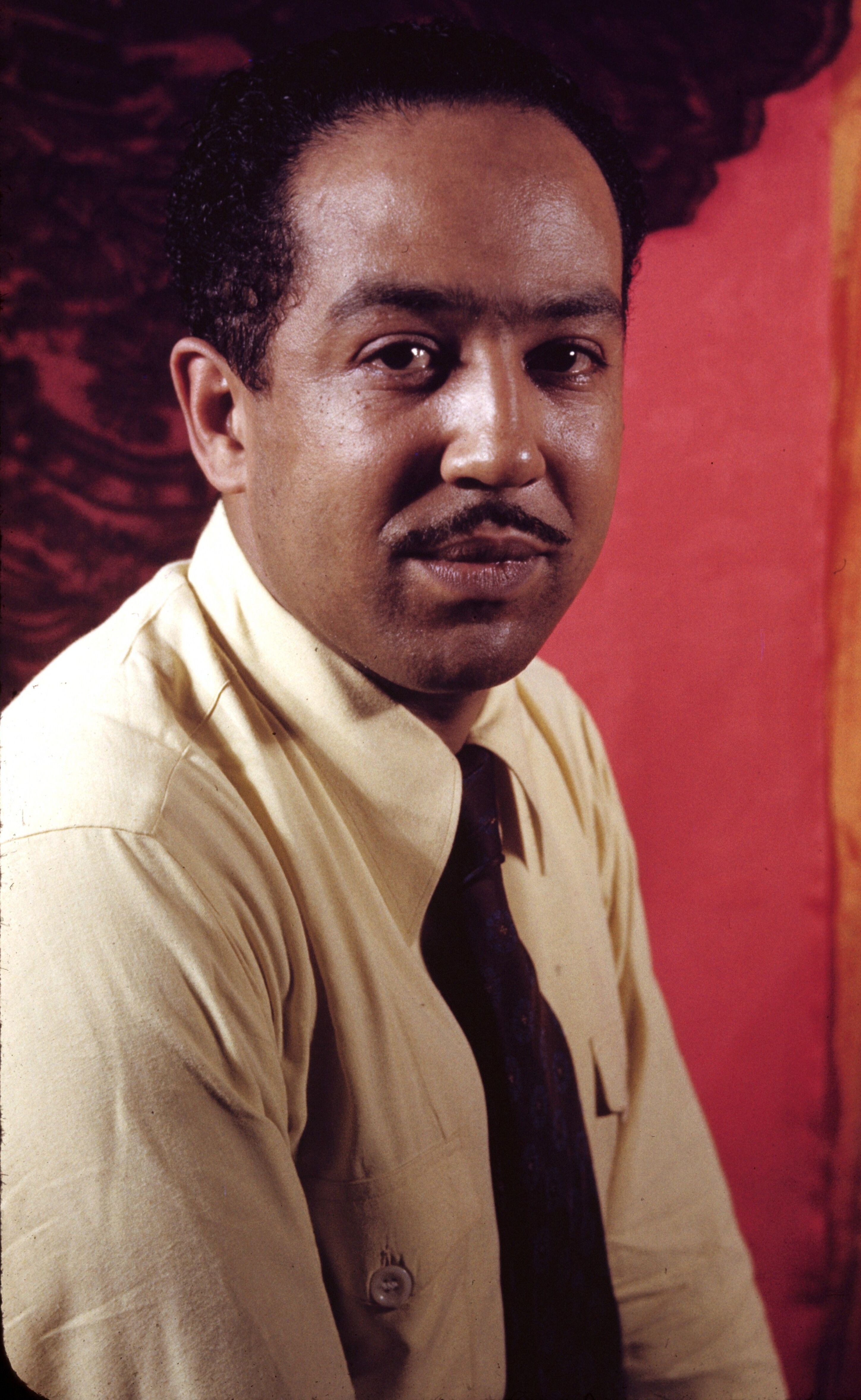
Langston Hughes
African American poet who described the rich culture of african American life using rhythms influenced by jazz music. He wrote of African American hope and defiance, as well as the culture of Harlem and also had a major impact on the Harlem Renaissance.
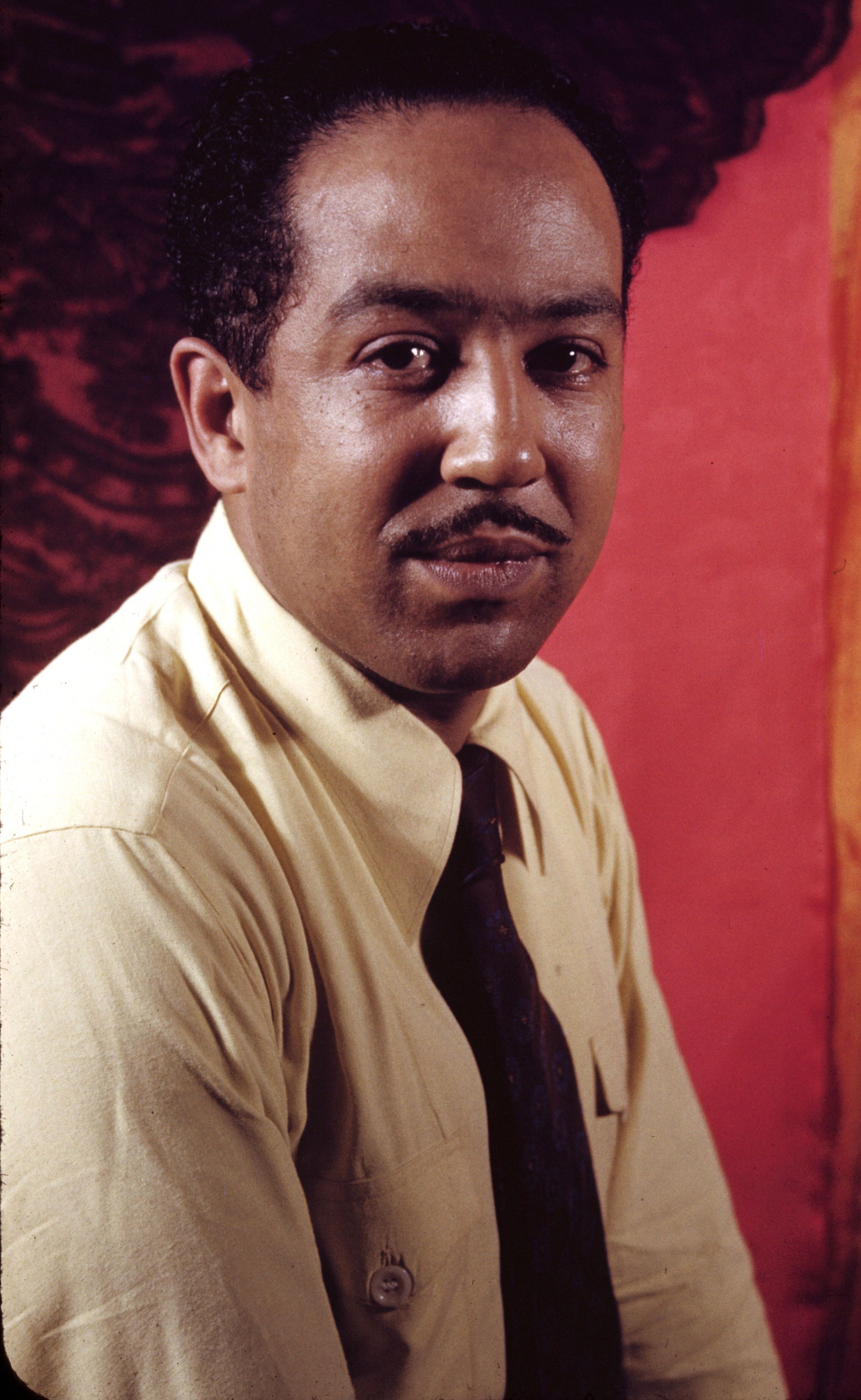
League of Nations
A world organization established in 1920 to promote international cooperation and peace. It was first proposed in 1918 by President Woodrow Wilson, although the United States never joined the League. Essentially powerless, it was officially dissolved in 1946.
Lend-Lease Bill
lending/leasing American arms to reeling democracies provided that they be returned later; basically a stray from neutrality, which Hitler realized and began attacking U.S. ships
London Economic Conference
A sixty-nation economic conference organized to stabilize international currency rates. By Roosevelt revoking U.S. participation, there was a deeper world economic crisis.
Lost Generation
Group of writers in 1920s who shared the belief that they were lost in a greedy, materialistic world that lacked moral values and often choose to flee to Europe
Lusitania
A British passenger ship that was sunk by a German U-Boat on May 7, 1915. 128 Americans died. The sinking greatly turned American opinion against the Germans, helping the move towards entering the war.
Manhattan Project
A secret U.S. project for the construction of the atomic bomb.
Meat Inspection Act
Law that authorized the Secretary of Agriculture to order meat inspections and condemn any meat product found unfit for human consumption.
Muckrackers
Journalists who exposed the ills of society, paved the way for progressivism
Muller v. Oregon
1908 - Supreme Court upheld Oregon state restrictions on the working hours of women as justified by the special state interest in protecting women's health
National Recovery Administration
Government agency that was part of the New Deal and dealt with the industrial sector of the economy. It allowed industries to create fair competition which were intended to reduce destructive competition and to help workers by setting minimum wages and maximum weekly hours.
National War Labor Board
A board that negotiated labor disputes and gave workers what they wanted to prevent strikes that would disrupt the war
Neutrality Act
4 laws passed in the late 1930s that were designed to keep the US out of international incidents
New Deal
A series of reforms enacted by the Franklin Roosevelt administration between 1933 and 1942 with the goal of ending the Great Depression.
New Freedom
Democrat Woodrow Wilson's political slogan in the presidential campaign of 1912; Wilson wanted to improve the banking system, lower tariffs, and, by breaking up monopolies, give small businesses freedom to compete.
New Nationalism
Roosevelt's domestic platform during the 1912 election accepting the power of trusts and proposing a more powerful government to regulate them
Nicola Sacco
1920- Two Italian immigrants believed to be anarchists were accused of murder in Massachusetts and were wound guilty after appeals in 1927 and executed. Although the evidence against them was strong, the racist comments by the judge made it appear they were killed for their political beliefs, at the zenith of the terror in America (The same year as their murder a bombing on Wall Street killed 38 people)
Nine-Power Treaty
Treaty that was essentially a reinvention of the Open Door Policy. All members to allow equal and fair trading rights with China and respect the territorial rights of China. Signed by the US, Japan, China, France, Great Britain, Italy, Belgium, Netherlands, and Portugal.
Nineteenth Amendment
The constitutional amendment adopted in 1920 that guarantees women the right to vote.
Pearl Harbor
December 7, 1941 - Surprise attack by the Japanese on the main U.S. Pacific Fleet harbored in Pearl Harbor, Hawaii destroyed 18 U.S. ships and 200 aircraft. American losses were 3000, Japanese losses less than 100. In response, the U.S. declared war on Japan and Germany, entering World War II.
Postdam Conference
This is the conference where Stalin, Truman, and Churchill came together to decide how Germany would be administered. Their goals were to establish order, settle peace treaty issues, and deal with the effects of WWII.
Pure Food and Drug Act
1906 - Forbade the manufacture or sale of mislabeled or adulterated food or drugs, it gave the government broad powers to ensure the safety and efficacy of drugs in order to abolish the "patent" drug trade. Still in existence as the FDA.
Quarantine Speech
The speech was an act of condemnation of Japan's invasion of China in 1937 and called for Japan to be quarantined. FDR backed off the aggressive stance after criticism, but it showed that he was moving the country slowly out of isolationism.
recall
A procedure for submitting to popular vote the removal of officials from office before the end of their term.
Reconstruction Finance Corporation
Agency established in 1932 to provide emergency relief to large businesses, insurance companies, and banks.
red scare
A social/political movement designed to prevent a socialist/communist/radical movement in this country by finding "radicals," incarcerating them, deporting them, and subverting their activities
referendum
A procedure for submitting to popular vote measures passed by the legislature or proposed amendments to a state constitution.
Robert F. Wagner
1935 senator associated with the national labor relations board act(or called the wagner act)
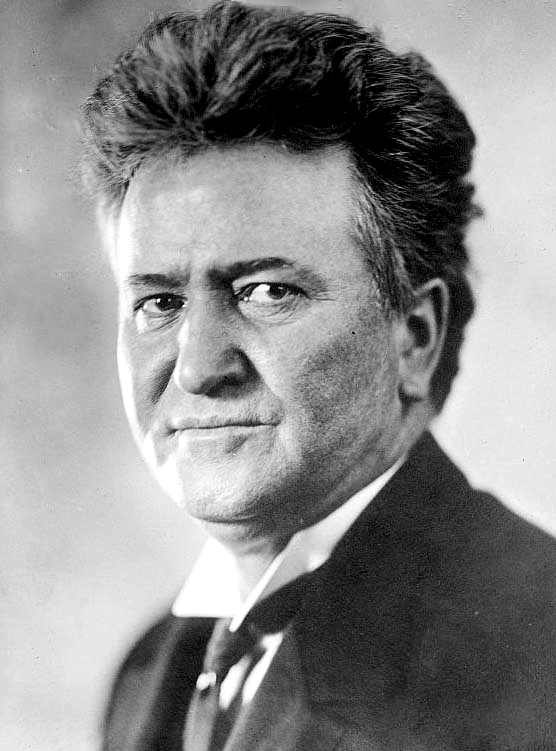
Robert M. La Follette
A leader of the Progressive Movement in the first quarter of the 20th century. As governor of Wisconsin he created a model for progressive reform called the "Wisconsin Idea."
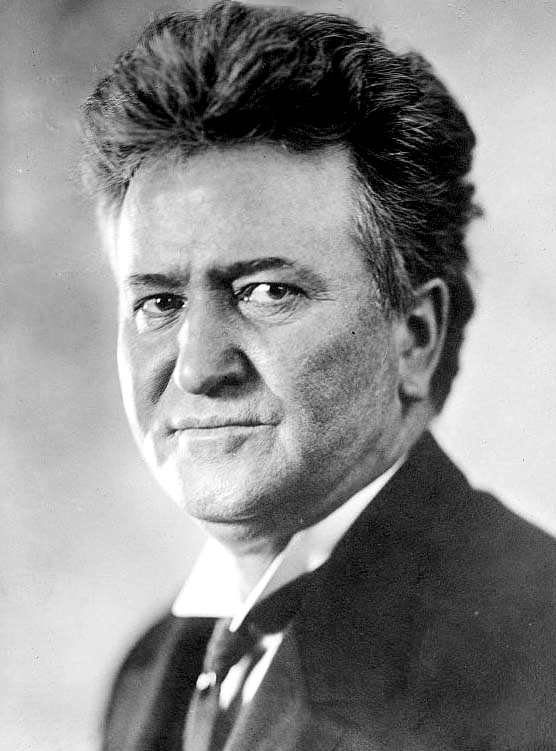
Sigmund Freud
1856-1939; Field: psychoanalytic, personality; Contributions: id/ego/superego, reality and pleasure principles, ego ideal, defense mechanisms (expanded by Anna Freud), psychoanalysis, transference
Social Gospel
A movement in the late 1800s / early 1900s which emphasized charity and social responsibility as a means of salvation, taught religion and human dignity would help the middle class over come problems of industrialization
Social Security Act
(FDR) 1935, guaranteed retirement payments for enrolled workers beginning at age 65; set up federal-state system of unemployment insurance and care for dependent mothers and children, the handicapped, and public health
Teapot Dome scandal
Scandal during the Harding administration involving the granting of oil-drilling rights on government land in return for money
Tennessee Valley Authority
A New Deal agency created to generate electric power and control floods in a seven-U.S.-state region around the Tennessee River Valley . It created many dams that provided electricity as well as jobs.